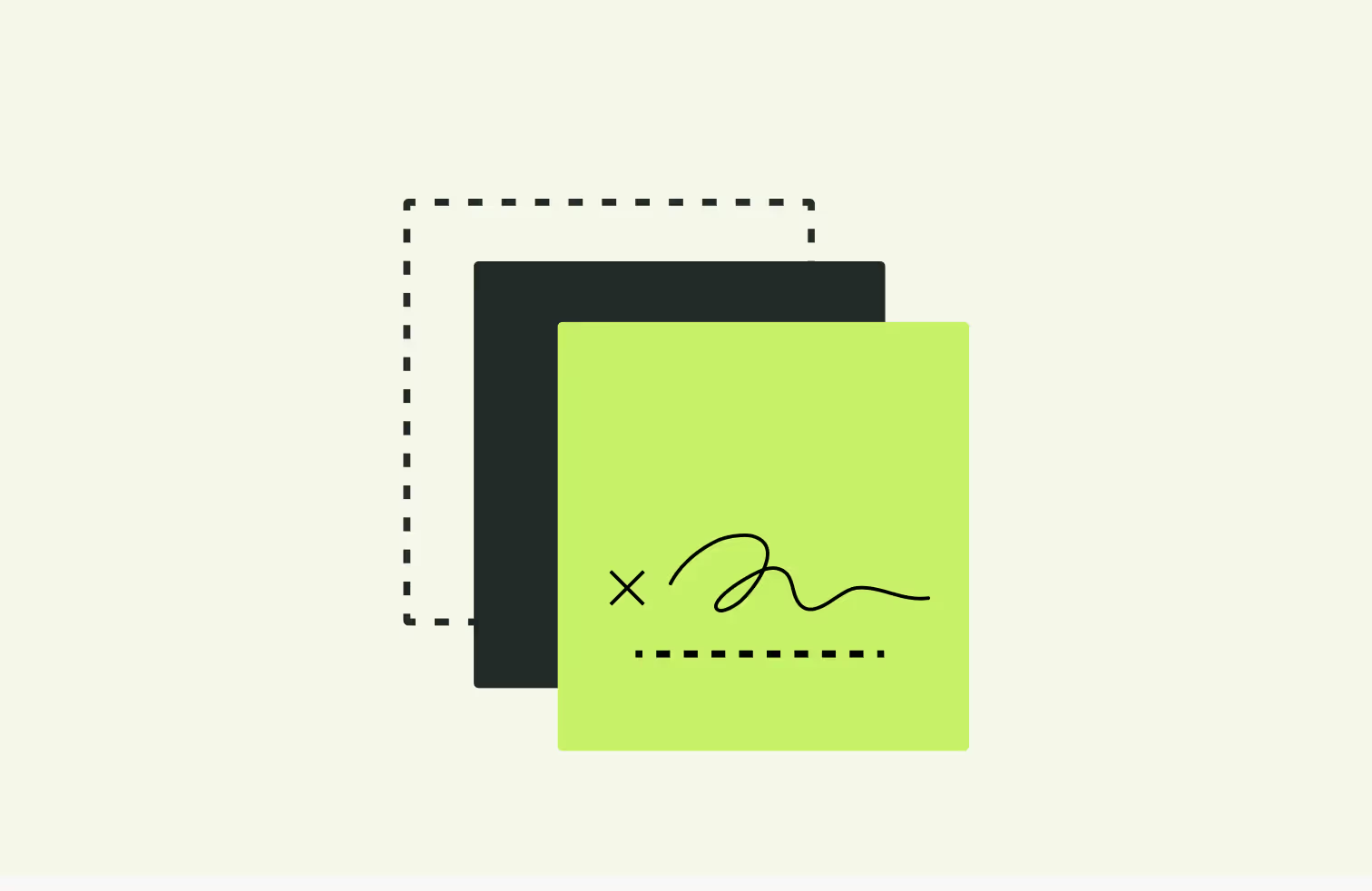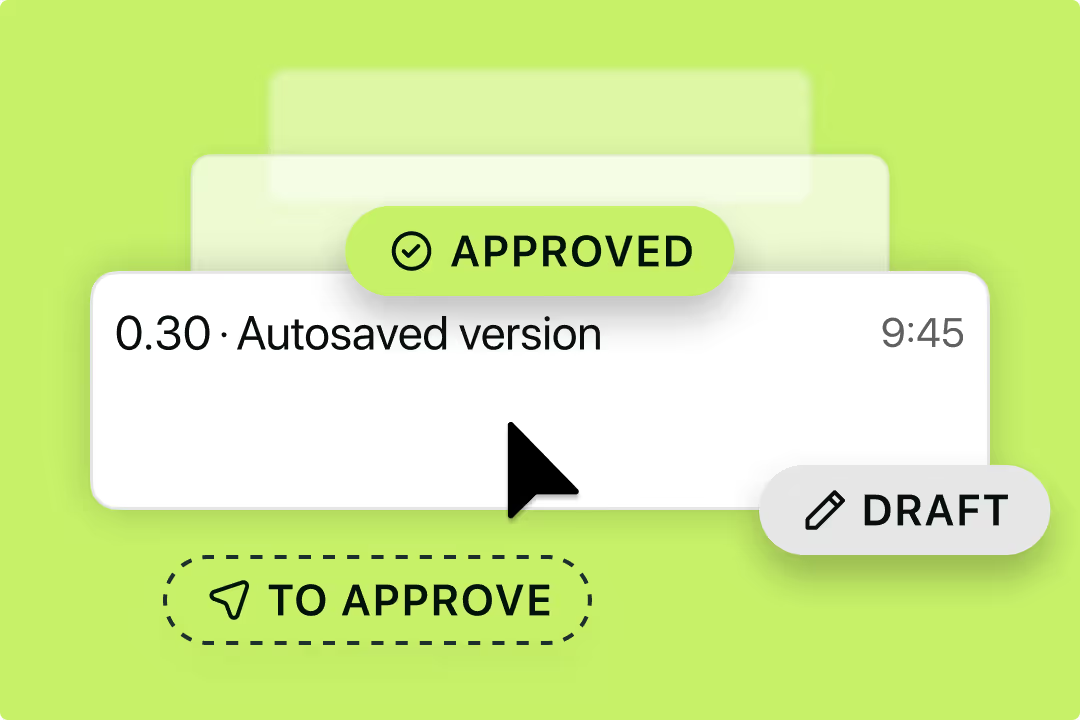Solutions
Customer Support
Resources
Is email admin distracting you from higher-value legal tasks? You aren't the only one.
Picture this: You open your laptop, coffee in hand, ready to tackle that next big legal review.
But first, you decide to check your email. Three hours later, you're still stuck in your inbox, responding to urgent requests, searching for important attachments, and trying to keep track of multiple email threads.
Sound familiar? You're not alone.
Research shows lawyers spend a staggering 66 per cent of their time handling emails. That's two-thirds of your day spent managing your inbox instead of applying your legal expertise where it matters most.

Additionally, 65 per cent of lawyers even respond to emails outside of office hours just to keep up with their workload.
But it doesn't have to be this way. Modern email management strategies, combined with the right tools, can help you reclaim your time, keep your inbox focused, and transform how you handle communications.
If you're looking to master email management as a lawyer, then you've come to the right place.
With lawyers spending 66% of their day on email, that leaves precious little time for billable work. Clio research suggests lawyers average just 2.5 billable hours per day.
For in-house legal teams, that time equates to constant distraction from the key strategic projects you're leading on, and bottlenecks for the wider business.
It gets worse.
Studies show it takes about 23 minutes to refocus after each email interruption. Every notification, every urgent request, every "quick question" breaks your concentration.

For legal professionals handling complex matters that require deep focus and personalized customer support, this constant switching is particularly costly.
While you're managing routine emails, you could instead be preparing for a fundraise, deepening your expertise on new or emerging legislation, or working on other high-value strategic initiatives.
Emails are eating away at your productivity and diminishing your performance. It's time to implement some email management best practices.
The unfortunate news is that there's no single email management system or email management tool that will keep your inbox organized without you having to lift a finger.
However, certain strategies can help you regain control of your inbox. Let's explore some tried-and-tested techniques.
Your email inbox is like a digital office. Without proper organization, important documents get lost and urgent matters fall through the cracks. Here's how to properly organize and structure your inbox.
Don't just create folders for the sake of organization. Design a folder structure that mirrors your workflow. Consider categories like:
Pro tip: Keep your folder structure shallow—too many nested folders can make filing more time-consuming than it's worth.
You wouldn't waste time on manual data entry—so why manually file your emails? Thankfully, your email client can do much of the heavy lifting for you.
Create rules based on specific criteria like sender, subject line keywords, or recipient groups to automatically route incoming emails to the right folders.
For example, you might want to route all important notices to a high-priority folder, send newsletter subscriptions to a "Read Later" folder, or direct internal team communications to dedicated project folders.

Try to use standardized subject line formats where possible. These might include the following:
This makes it easier to prioritize emails at a glance and set up effective filtering rules.
Managing email threads effectively is crucial for keeping conversations organized. Consider using the "Conversations" view in your email client to keep related messages together.
Establish clear guidelines for when to start new threads versus continuing existing ones and encourage your team to only use "Reply All" if necessary.
It's also worth regularly archiving completed conversation threads to declutter your inbox as much as possible.
As legal professionals, your time is valuable—and your inbox shouldn't dictate your entire day. Here's how to take control of when and how you handle email communications.
Rather than constantly responding to incoming emails, schedule specific times for email management. For example, you could block out the following slots in your calendar:
Remember: Your most productive hours should be reserved for complex legal work, not inbox management.
Save time with pre-written responses for recurring situations. Build a library of canned responses for initial client inquiries, contract review acknowledgments, meeting scheduling, and document requests.
However, remember to update and personalize these templates before sending them off to clients, especially in more nuanced conversations.
Lots of legal teams are now investigating the use of AI agents to solve bottlenecks for repetitive tasks.
Not all emails are created equal. It's useful to develop a clear system for prioritizing incoming requests. You can even use your system of folders to identify which emails are high-priority and which are less urgent.
Communicating with colleagues via email requires a delicate balance—you need to be responsive while maintaining boundaries and productivity. This is particularly difficult for the legal function, which often an enabler to the wider business. Here's a few tips and tricks you can use to strike that balance effectively.
If you want more notice from colleagues, and more repeatable processes, you first need to establish communication ground rules with your colleagues. Explain your email availability and define typical response times for different types of inquiries. Clearly outline what constitutes an urgent matter, and if you work from the office, consider suggesting certain times that they can come and speak to you face to face rather than sending an email.
Not every email needs an immediate response. Create a framework for handling different types of emails:
Keep your emails clear, concise, and actionable. Lead with the most important information, use bullet points to enhance readability, and make it as easy as possible for your colleagues to understand what you're telling them. And yes, that does mean less jargon!
Not everything needs to be an email. It's wise to create systems that reduce email volumes while maintaining strong relationships with your colleagues. For example, you can schedule regular check-in meetings for complex matters and use status update templates for ongoing projects. You could also establish project milestones that trigger automated updates, meaning fewer emails are sent chasing for this detail.
Communications about contracts are a great example of a legal matter that can be dealt with better outside of email, as we'll explain shortly.
Efficient email management is great. However, the future of legal work isn't about managing emails better—it's about working smarter.
Leading legal teams are discovering that moving certain workflows out of email entirely can transform their productivity and effectiveness.
As Jason Macarthur, Global Solution Design Lead, Global Legal Transformation & Managed Services at KPMG, says:
"With lawyers’ inboxes rarely pretty, and email volumes creating a daily challenge for business managers, it’s worth considering new ways of communicating for different kinds of messages."
In our recent report: The State of In-house 2024, we uncovered that over 35 per cent of colleagues in the business request contracts from legal teams via email. That makes it the most common way to share these kind of requests.

As a result, email inboxes are often packed full of these (often time-sensitive) requests. When they're buried for too long, they block important commercial deals from getting over the line. Or worse, they get missed completely.
That's where Juro's contract management software can help.
Juro transforms how teams handle contracts. Instead of email chains and static file attachments, teams collaborate in a centralized workspace where they can negotiate in real-time, track changes transparently, and maintain a complete audit trail.
Business colleagues can self-serve on routine contracts using pre-approved templates, while legal teams maintain oversight and control. All without a single email.
The platform integrates seamlessly with existing tools, meaning both legal and commercial teams can still work in their preferred environments (like CRMs) but with greater confidence.

Contract requests, approvals, negotiations, and signatures all happen in a structured workflow, not scattered across email threads.
By moving these processes out of email entirely, legal teams using Juro aren't just managing their inboxes better—they're fundamentally transforming how they work.
Ready to embrace a life with less email and remove bottlenecks from your contract process? Fill in the form below to speak to a specialist about Juro.

Lorem ipsum dolor sit amet, consectetur adipiscing elit. Suspendisse varius enim in eros elementum tristique. Duis cursus, mi quis viverra ornare, eros dolor interdum nulla, ut commodo diam libero vitae erat. Aenean faucibus nibh et justo cursus id rutrum lorem imperdiet. Nunc ut sem vitae risus tristique posuere.

